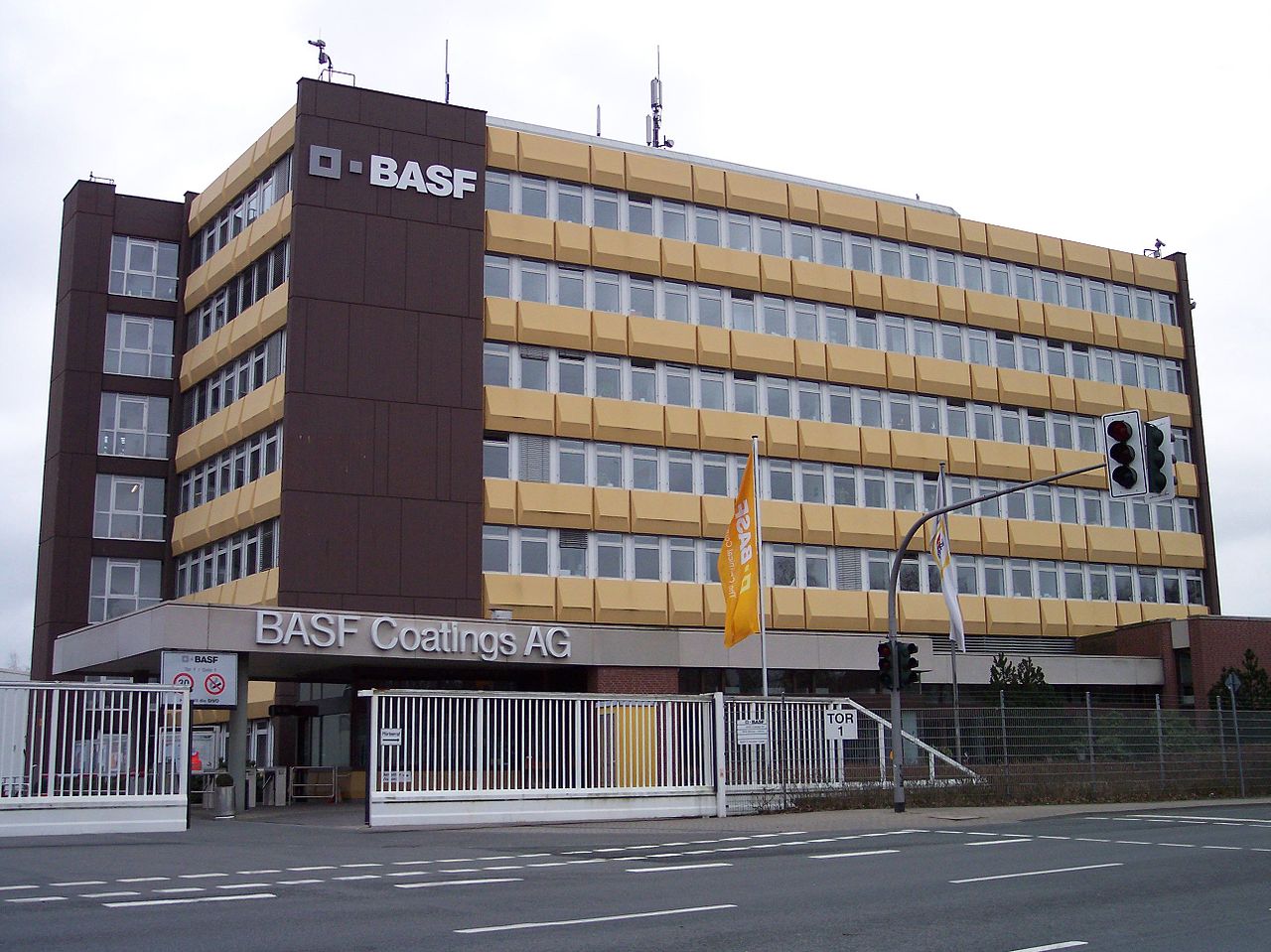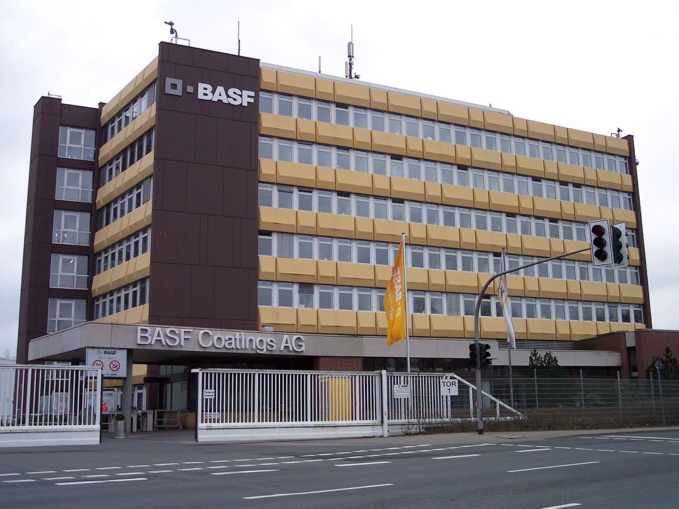The parties signed a protocol to define the merger. According to the document, at the first stage, 67% of Wintershall DEA shares will belong to BASF, 33% - LetterOne. The German concern informed that IPO of the merged company is also planned in the future.
"With the merger of the two German companies, the parent companies want to lay the foundation for further profitable growth, optimize the portfolio of the combined business and use synergies," the agency quotes an excerpt from the company's message.
In the coming months, BASF and LetterOne will assess the investment risks. The deal is scheduled to be completed in the second half of 2018. Before closing the deal, Wintershall and DEA will continue to operate as independent companies.
The deal will create a large German player in the region, consolidating almost all of the oil and gas assets that once belonged to German energy companies. It is also in line with Wintershall's strategy to develop the mining business after the sale of its sales unit in 2015. In general, the agreement supports the trend to consolidate assets in the North Sea against the background of a decline in oil prices, initiated by the DEA itself and continued this year with Total purchasing oil business of Moller-Maersk.
In 2015, L1 acquired oil company DEA from the German RWE for € 5 billion. DEA then owned mining assets in the North Sea, Libya, Egypt, Turkmenistan, Mexico, Germany and Denmark. Wintershall, which then was also interested in the DEA, offered a lower price. Due to opposition of the British regulator, L1 was forced to sell assets in the British sector of the North Sea to Swiss company Ineos. Analysts say that the deal’s amount was about $ 1 billion. But then L1 increased its presence in the North Sea by buying the Norwegian mining business from the German E.on for $ 1.6 billion.
DEA's revenue in 2016 grew by 4%, to € 1.48 billion, while the company received a net loss of € 36 million, cutting it 11-fold compared with 2015. This was due to an increase in production by 20%, to 138 thousand barrels per day, more than half is gas. 2P reserves amount to 667 million barrels (45% in Norway, 35% in Africa, and the rest in Denmark and Germany). Wintershall is a little bigger: production amounts to 165 million barrels, reserves - 1.62 billion barrels of oil. In 2016 the net revenue of BASF's oil and gas business was € 2.8 billion, EBITDA - € 1.6 billion, and EBIT - € 500 million. Wintershall has a similar geography of assets with DEA.
source: ft.com
"With the merger of the two German companies, the parent companies want to lay the foundation for further profitable growth, optimize the portfolio of the combined business and use synergies," the agency quotes an excerpt from the company's message.
In the coming months, BASF and LetterOne will assess the investment risks. The deal is scheduled to be completed in the second half of 2018. Before closing the deal, Wintershall and DEA will continue to operate as independent companies.
The deal will create a large German player in the region, consolidating almost all of the oil and gas assets that once belonged to German energy companies. It is also in line with Wintershall's strategy to develop the mining business after the sale of its sales unit in 2015. In general, the agreement supports the trend to consolidate assets in the North Sea against the background of a decline in oil prices, initiated by the DEA itself and continued this year with Total purchasing oil business of Moller-Maersk.
In 2015, L1 acquired oil company DEA from the German RWE for € 5 billion. DEA then owned mining assets in the North Sea, Libya, Egypt, Turkmenistan, Mexico, Germany and Denmark. Wintershall, which then was also interested in the DEA, offered a lower price. Due to opposition of the British regulator, L1 was forced to sell assets in the British sector of the North Sea to Swiss company Ineos. Analysts say that the deal’s amount was about $ 1 billion. But then L1 increased its presence in the North Sea by buying the Norwegian mining business from the German E.on for $ 1.6 billion.
DEA's revenue in 2016 grew by 4%, to € 1.48 billion, while the company received a net loss of € 36 million, cutting it 11-fold compared with 2015. This was due to an increase in production by 20%, to 138 thousand barrels per day, more than half is gas. 2P reserves amount to 667 million barrels (45% in Norway, 35% in Africa, and the rest in Denmark and Germany). Wintershall is a little bigger: production amounts to 165 million barrels, reserves - 1.62 billion barrels of oil. In 2016 the net revenue of BASF's oil and gas business was € 2.8 billion, EBITDA - € 1.6 billion, and EBIT - € 500 million. Wintershall has a similar geography of assets with DEA.
source: ft.com



















